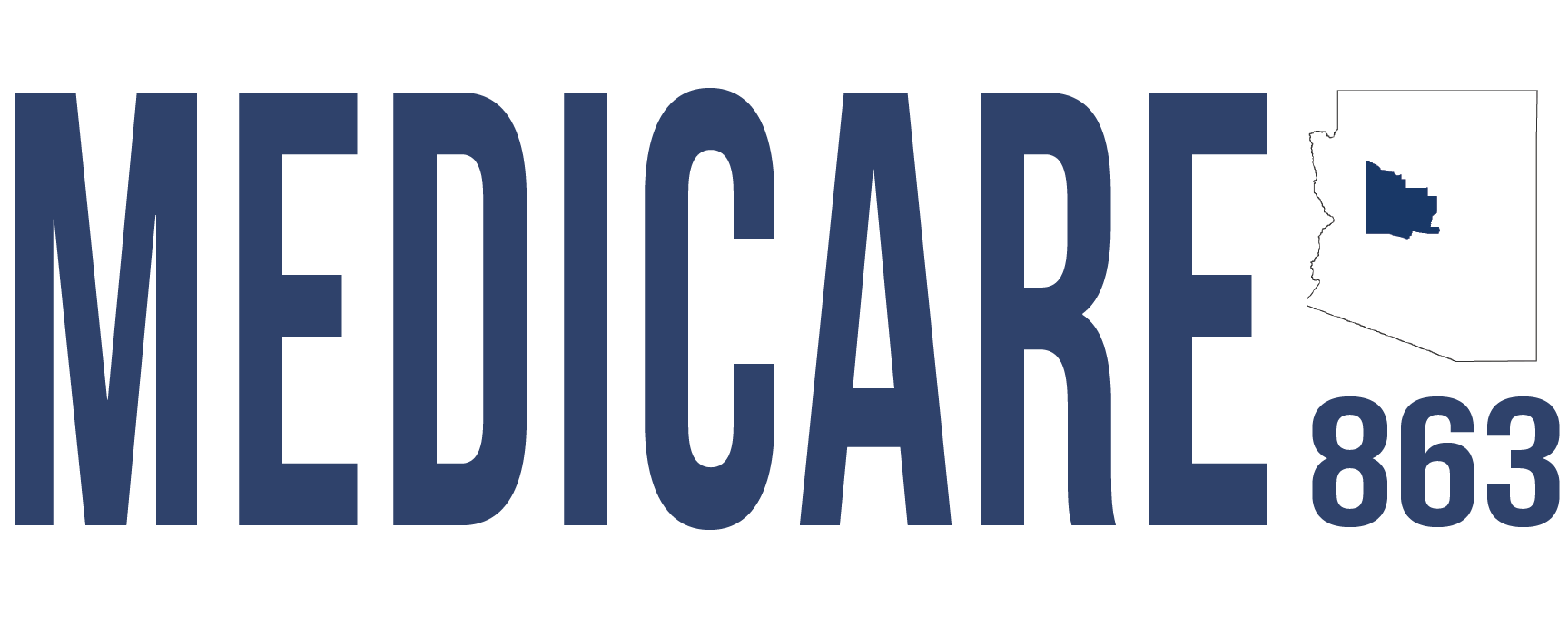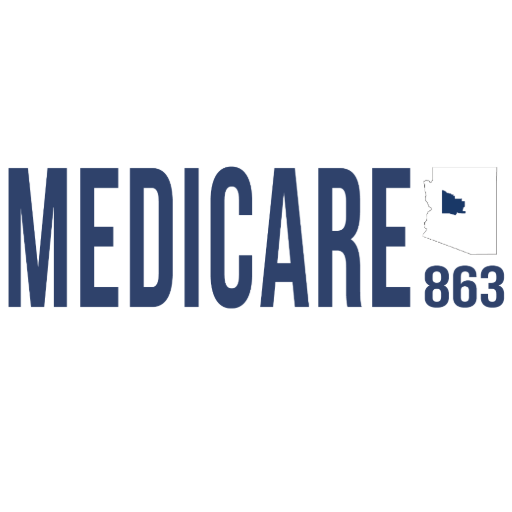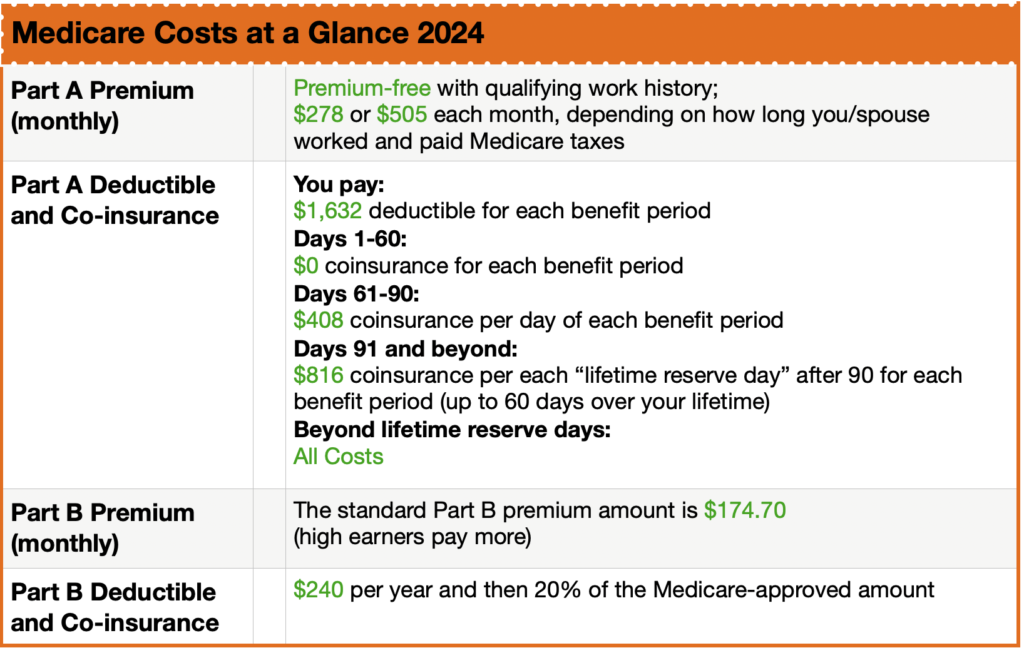
Understand your
Dental & Vision
Medicare options
The world of Medicare can be confusing when it comes to what’s covered by the different types of Medicare. If you’re focused on taking care of your oral and eye health, then it’s important to know exactly Medicare covers.
Learn what coverage you should expect.
Dental Coverage
What can you expect from Medicare?

Dental Health
Nearly two-thirds of Medicare enrollees have no dental insurance at all while more than one in five Medicare beneficiaries have not seen a dentist in the last five years. An estimated 20% of Americans age 65+ have untreated dental cavities.
Did you know that your oral health impacts your overall health? There’s a significant link between untreated dental disease and various other systemic ailments, including heart disease and diabetes. Even some coverage is better than nothing. Even with low benefit maximums, people who have dental insurance are more likely to receive routine preventive dental care, and are less likely to have untreated dental problems that get worse over time.

Understanding Vision Coverage
Although routine vision services are not covered, Medicare will provide Part B coverage for diseases and illnesses of your eyes, if it is medically necessary.
Luckily, there are dozens of individual insurance plans available at affordable prices that will help to cover your routine vision.
Medicare 863 understands the need for eye care during your retirement years. There are a number of ways in which you can reduce your expenditure on these items. I can help!
Get help from an expert!
When it comes to your oral and eye health, it is very important to know exactly what Medicare covers. An experienced, local independent advisor will help you navigate your options while building a relationship with you so you have longterm assistance in managing your coverage.
Did you know that Medicare Advantage plans change their benefits every year? The benefit that exists this year could be lowered or eliminated next year. An advisor will remind you that it is a good idea to use the benefit when you enroll in case the plan eliminates it the next year.
Also, if you qualify for coverage under Part B because your disease has been deemed 'medically necessary', Medicare Supplements cannot pay their 20% unless Medicare first approves your claim and pays its 80%, your supplement cannot pay either. It is important that you know what you are doing.
Finally, an advisor will know that Medigap plans, also known as Medicare Supplement Insurance, can help pay for healthcare costs Original Medicare doesn’t cover, like copayments, coinsurance, and deductibles.
- There are no additional fees, your premium will be the same as if you had bought the policy directly from the carrier
- An advisor can save you money on your monthly premiums by comparing plans with all carriers vs just one carrier
- Advisors can help keep you up to date and informed on any changes that happen annually
- A relationship with a LOCAL advisor can be your go-to resource for years to come
- They can help you with Medicare claims
- They will help you get a better price than you might be able to find on your own
- You will get non-biased opinion on all your Medicare options
Contact Susan Tighe for help today at (602)-705-1462! Susan lives locally and is focused on serving Yavapai County's seniors. As your local resource, she will guide you through your options.




